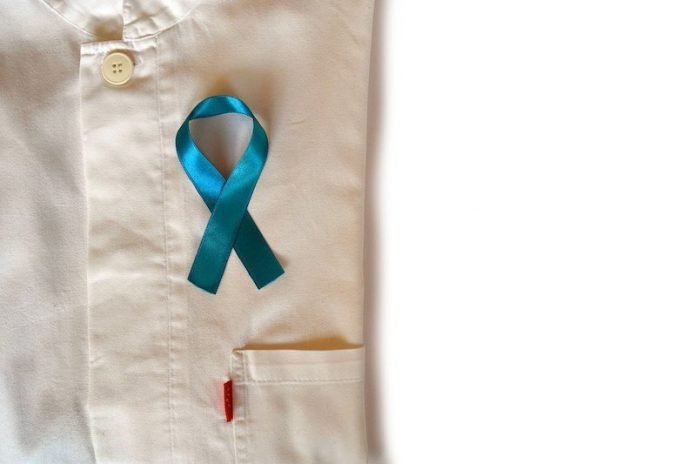
In a new study, researchers found that cancer patients diagnosed more than 24 months ago are more likely to have a severe COVID-19 infection.
Cancer patients of Asian ethnicity or who were receiving palliative treatment for cancer were also at a higher risk of death from COVID-19.
The research was conducted by a team at King’s College London and elsewhere.
There are limited studies examining cancer patients and COVID-19, with small sample sizes that have yet to distinguish between the effects of age, cancer, and other comorbidities on COVID-19 in the cancer population.
It can be difficult to diagnose COVID-19 in cancer patients as symptoms can look similar to cancer symptoms and adverse effects of cancer treatments.
This can result in a delayed or missed COVID-19 diagnosis, which could lead to severe infection or higher death rates.
In the study, the team analyzed the outcomes of 156 cancer patients with confirmed COVID-19 diagnosis between 29 February and 12 May 2020.
About 82% of patients had presented with mild or moderate COVID-19 infection and 18% with severe disease.
Patient follow-ups conducted 37 days later found 22% of patients from the cohort had died from COVID-19 infection.
Patients with Asian ethnicity, palliative treatment, or a diagnosis of cancer more than 24 months before the onset of COVID-19 symptoms were at higher risk of dying.
Patients who presented with dyspnoea (shortness of breath) or high CRP levels (a common blood marker of inflammation) were also at higher risk of dying from COVID-19.
The team found severe COVID-19 infection was linked to presenting with fever, dyspnoea, gastro-intestinal symptoms, or a diagnosis of cancer more than 24 months previously.
High blood pressure was the most reported comorbidity followed by diabetes, renal impairment, and cardiovascular disease.
The most common tumor types were urological/gynaecological (29%), haematological (18%), and breast (15%).
When classified according to COVID-19 severity, the largest proportion of cancers were haematological (36%), while 40% of patients had stage IV cancer, and 46% of patients were diagnosed with a malignancy in the last 12 months.
Benign lung conditions were more commonly reported for those who presented with severe COVID-19.
These findings provide the first insight into the possible effects of cancer and its treatments on COVID-19 outcomes.
The team says the data needs to be validated in larger series with longer follow-up of patients to provide more definitive guidance on the management of oncology patients through the COVID-19 outbreak.
One author of the study is Dr. Mieke Van Hemelrijck from King’s College London.
The study is published in Frontiers in Oncology.
Copyright © 2020 Knowridge Science Report. All rights reserved.



